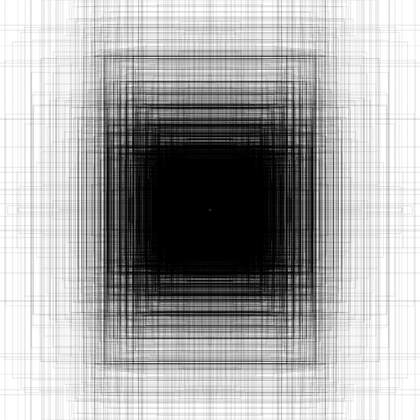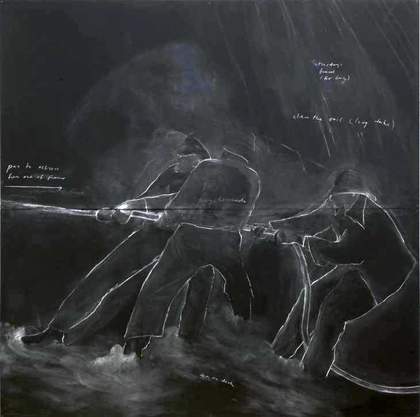Data is the lifeblood of today’s economic and social systems. Drones, satellites and CCTV cameras capture digital images covertly, while smartphones we carry feed data packets into the cloud, fought over by corporations and governments. How are we to make sense of all this information? Who is to police and distribute it? And what kind of new uses can art put it to?
This four-week series led by writer/artist Daniel Rourke will explore the politics and potential of big data through the lens of contemporary art and the social sciences. Participants will assess the impact the digital revolution has had on notions of value attached to the invisible, the territorial and the tangible. We will look at artists and art activists who tackle the conditions of resolution, algorithmic governance, digital colonialism and world-making in their work, with a focus on key news events yet to unfold in 2016.
Session 1
Hito Steyerl: Poor Image Politics
In this first session we will examine the politics of image and data resolution, with special attention to the work of artist Hito Steyerl represented in the Tate Collection. How do poor images influence the significance and value of the events they depict? What can online cultures that fetishise poor quality teach us about the economics and autonomy of information? Is being a low resolution event in a field of high resolutions an empowering proposition?
Session 2
Morehshin Allahyari: Decolonising the Digital Archive
3D scanning and printing technologies are becoming common tools for archaeologists, archivists and historians. We will examine the work of art activists who question these technologies, connecting the dots from terroristic networks, through the price of crude oil, to artefacts being digitally colonised by Western institutions. Artist Morehshin Allahyari will join us via skype to talk about Material Speculation: ISIS – a series of artifacts destroyed by ISIS in 2015, which Allahyari then ‘recreated’ using digital tools and techniques.
Session 3
Mishka Henner: Big Data and World Making
In this session we will explore the work of artists who channel surveillance and big data into the poetic re-making of worlds. We will compare and contrast nefarious ‘deep web’ marketplaces with ‘real world’ auction houses selling artworks to a global elite. Artist Mishka Henner will join us via skype to talk about artistic appropriation, subversion and the importance of provocation.
Session 4
Forensic Architecture: Blurring the Borders between Forensics, Law and Art
The Forensic Architecture project uses analytical methods for reconstructing scenes of war and violence inscribed within spatial artefacts and environments. In this session we will look at their work to read and mobilise ‘ambient’ information gathered from satellites, mobile phones and CCTV/news footage. How are technical thresholds implicated in acts of war, terrorism and atrocity, and how can they be mobilised for resist and deter systemic violence?
Biography
Daniel Rourke is a writer/artist based in London. His work exploits speculative and science fiction in search of a radical ‘outside’ to the human(ities), including extensive research on the intersection between digital materiality, the arts, and posthumanism. His writing, lecturing, and artistic profile is extensive, including work with prominent publications and institutions in London, Manchester, New York, San Francisco, Iran and further afield. In 2015 Daniel collaborated with artist and activist Morehshin Allahyari on The 3D Additivist Manifesto: a call to accelerate technologies beyond their breaking point, into the realm of the provocative and the weird. Their collaboration was selected for the Vilém Flusser Residency Program for Artistic Research, in association with Transmediale, Berlin, in summer 2016.
This event has been provided by Tate Gallery on behalf of Tate Enterprises LTD
This event takes place on Level 5, Switch House.


